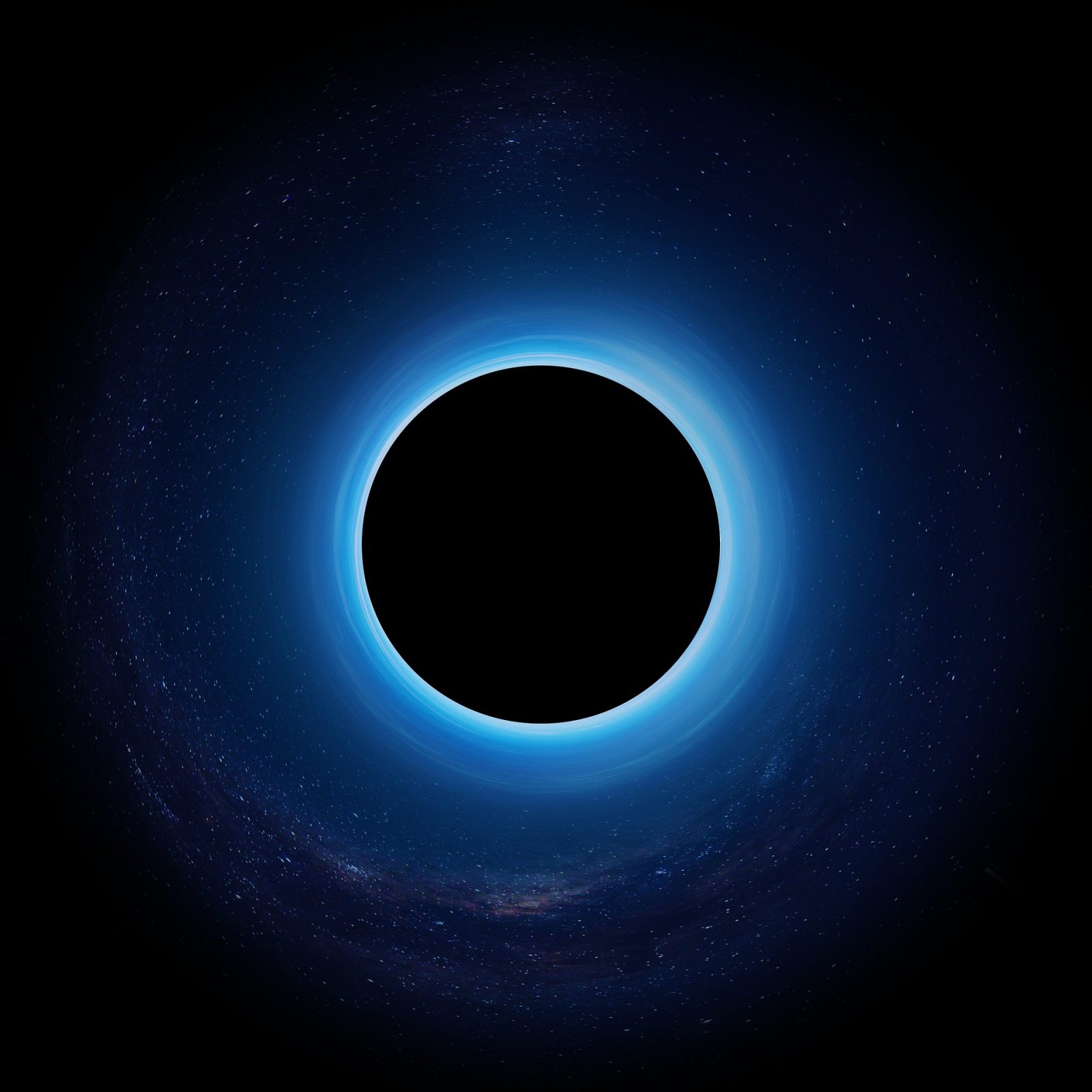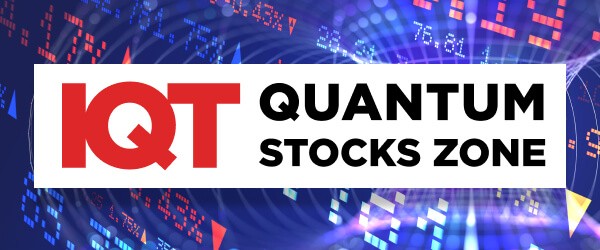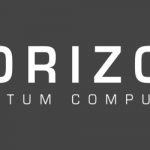Quantum Technology Accelerates the Search for Dark Matter

(NorthrupGrumman) The search for dark matter recently received a boost from quantum technology. The two leading candidates are currently weakly interacting massive particles (WIMPs) and axions. Both these subatomic particles were proposed in the 1970s, but neither one has been proven to exist. But a new quantum breakthrough may provide an opening to unpack the mystery.
Recently, the search for axions gained speed by incorporating technology that was developed for quantum computers. This new approach was adopted for the HAYSTAC experiment, which stands for the Haloscope At Yale Sensitive to Axion CDM (cold dark matter). HAYSTAC was launched in 2010 to advance the search for axions and is a collaboration between Yale, the University of California, Berkeley and the University of Colorado Boulder. The first results from HAYSTAC were published in 2017. The dark matter detector was then rebuilt in 2018 to take advantage of new quantum-enhanced detection technologies, which led to a Nature publication in 2021.
The new HAYSTAC detector uses a microwave cavity held at a temperature near absolute zero (to decrease noise) and placed in a strong magnetic field. The detector takes advantage of the uncertainty principle by reducing the uncertainty of the X component of the cavity electromagnetic (EM) field by squeezing with a JPA. The squeezed X component is then amplified with a second JPA. If an axion field is present, it should displace the amplified squeezed state in a random direction.
“The detection process is based on detecting the weakly coupled oscillating axion field, rather than individual particles, since the axion is assumed to be many orders of magnitude lighter than the known standard-model particles and would be unlikely to be directly detectable as a particle,” explains Dr. Mike Fitelson, a consulting engineer for Northrop Grumman Mission Systems who was not involved in the study.


















